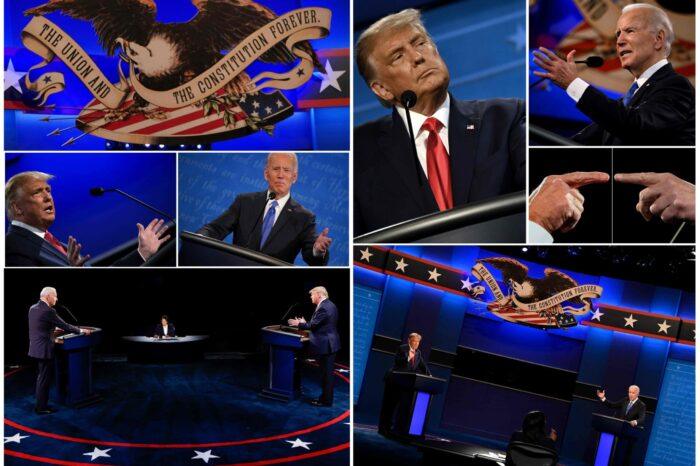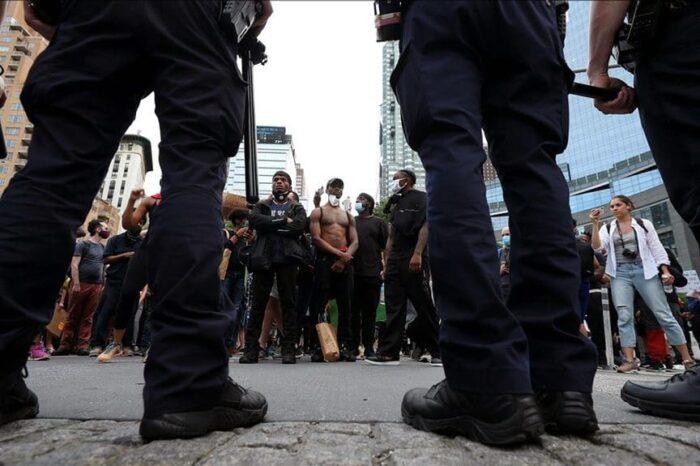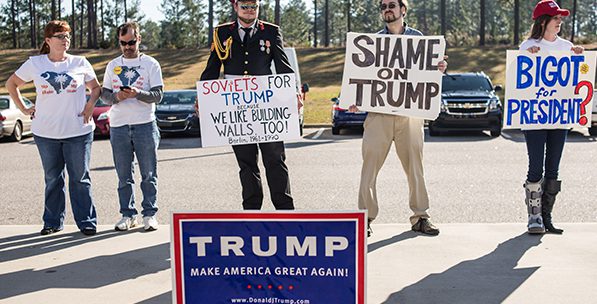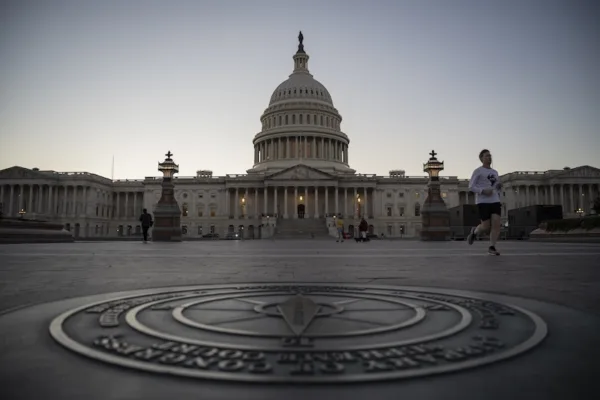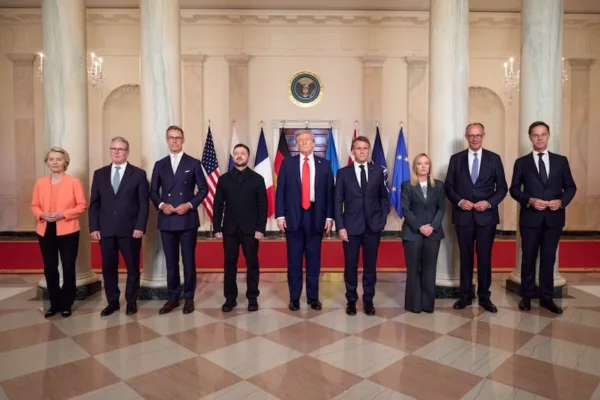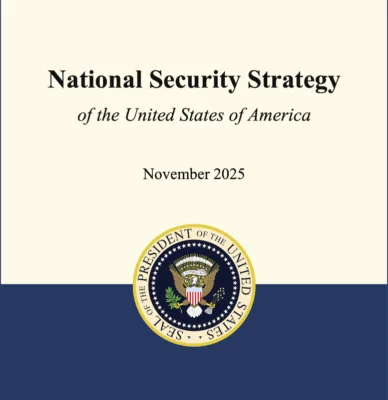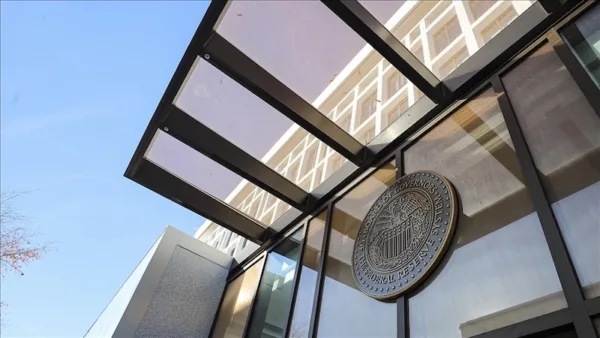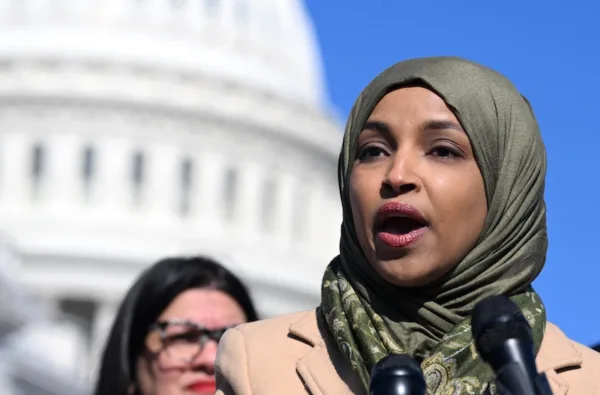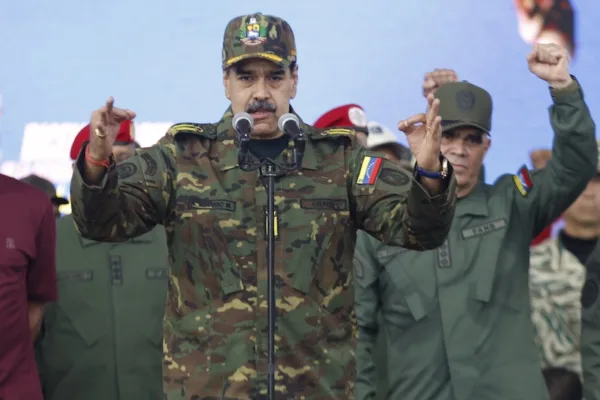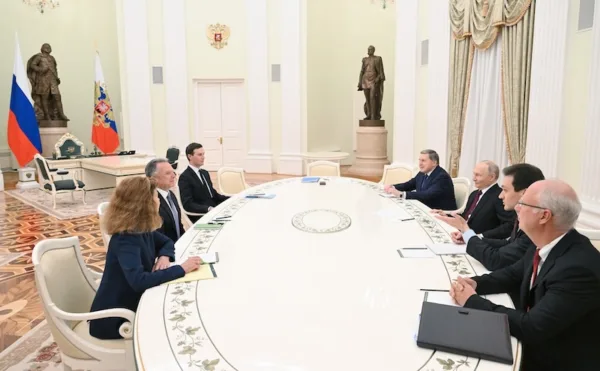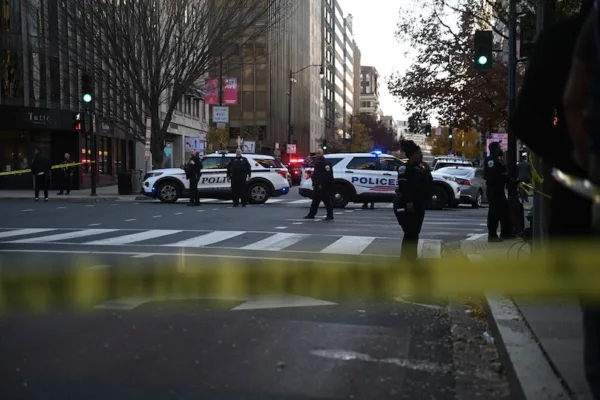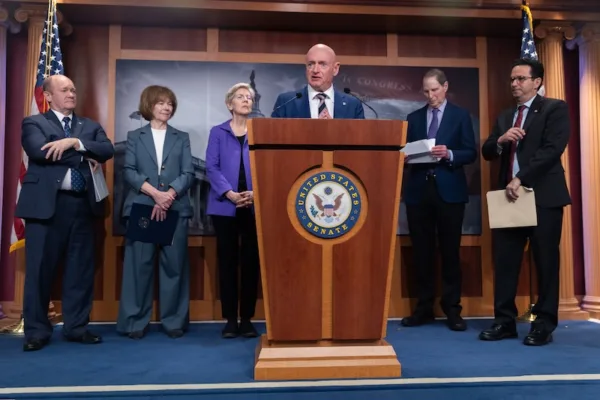US Role in the World and Debates for Next President
It is still not clear if it will be a multipolar world or something like a uni-multipolar world.
The curse “May you live in interesting times” is usually attributed to the Chinese. The rapid change and transformation of the international system in the last 20 years and increasing unpredictability of the new system and forces in world politics have us living in more interesting times than the generations before us. In the last two decades, the world transformed from a bipolar world to a unipolar world with the end of the Cold War, and when some in the world started to think that this unipolar moment would continue for years, in a single decade there have been discussions of a transformation from a unipolar world to a multipolar world. The discussion is still ongoing, and the process is not yet over and, more significantly, it is still not clear if it will be a multipolar world or something like a uni-multipolar world.
As questions regarding the international system increase debates about the U.S.’s role in this emerging international system are also increasing in intensity. For the last decade, numerous scholars, practitioners and observers of U.S. foreign policy have focused on this debate and have tried to figure out the trajectory of the U.S.’s future role in the world. In the last seven years the most significant of these studies was done on the topic of the U.S.’s decline and whether U.S. power will cease in the coming years. The books frequently discuss the post-U.S. world and possible replacement of U.S. hegemony in the world.
This debate, however, is not taking place amid a stable international system. As the debate continues, the world is also changing, and different threats and dynamics are emerging in the international system. When Lehman Brothers went bankrupt and the world economy entered a global financial crisis, people from different parts of the world started to discuss a new international system. Since then, however, despite improvement in the global economy, we started to see the emergence of new types of threats to international security. Today, groups like DAESH brought the world a new generation of terrorism that is even more difficult to contain and destroy. Despite the U.S. withdrawal from Iraq, which some consider the most significant cause of the U.S. decline, Iraq is now on the edge of another civil war. Furthermore, a major humanitarian disaster emerged in Syria. Today millions of people have been displaced and search for shelter and struggle for survival. The regime in Syria used chemical weapons against its own citizens.
The challenge from rising powers also came faster than expected. Russia, which the U.S. considered a possible partner, became a major challenger in Ukraine and Syria. China started to challenge U.S. allies in the South China Sea and East China Sea.
All of these new factors make the debate about the U.S.’s role in the international system even more important. The lack of strategy concerning the world and international system and increasing inconsistencies and lack of actions are generating serious challenges for the U.S.’s role in the world. In the recently published Center for Strategic and International Studies (CSIS) 2016 Global Forecasting analysis, this situation was articulated by various, multiple analysts. In the report, Michael J. Greene wrote: “The United States appears to be on the defensive everywhere.” In addition to this pessimistic perspective on the current situation, there is also a great degree of pessimism about the future of U.S. leadership around the world in the future. According to an analysis written by James A Lewis: “Repairing the damage to
American influence from Vietnam took almost a decade. This time it will be harder. In 1975, America faced a monolithic and sluggish competitor. Europe’s leaders needed American support against the Soviet Union. China and the major countries of the global south were not yet powerful.” For Lewis, the reason for this challenge is because “the political turmoil that paralyzes [U.S.] Congress is so severe as to qualify as a constitutional crisis. The political crisis is matched by intellectual weaknesses in what might be called the foreign policy “nomenklatura,” a weakness compounded by ideological politics and irrelevant academic debate.”
These new challenges and debates about the U.S.’s role in the world will need to be handled by the next U.S. president, who will have a major debate on his or her hands and the debates to respond.
This article was first published in the Daily Sabah on November 23rd, 2015.

